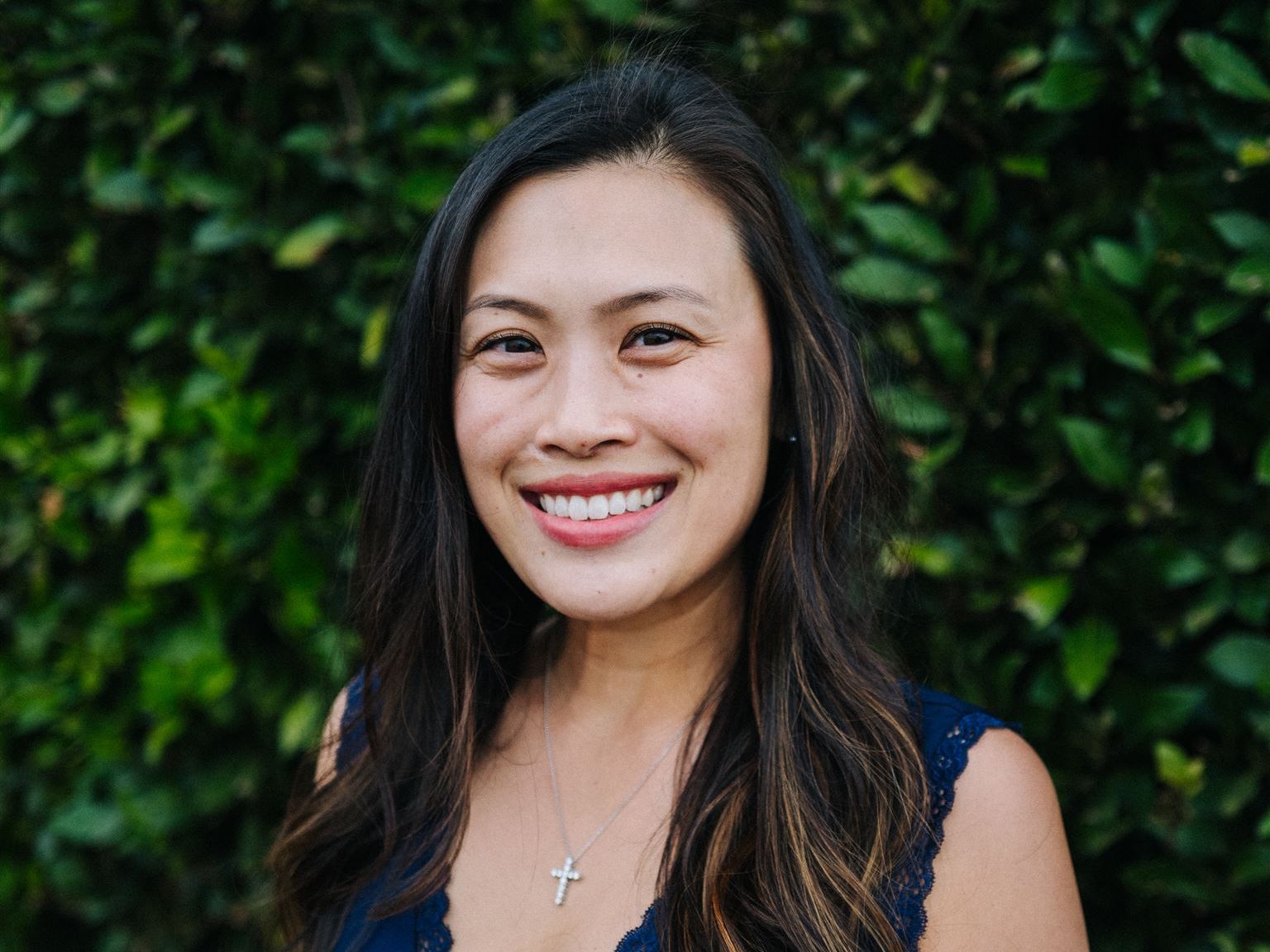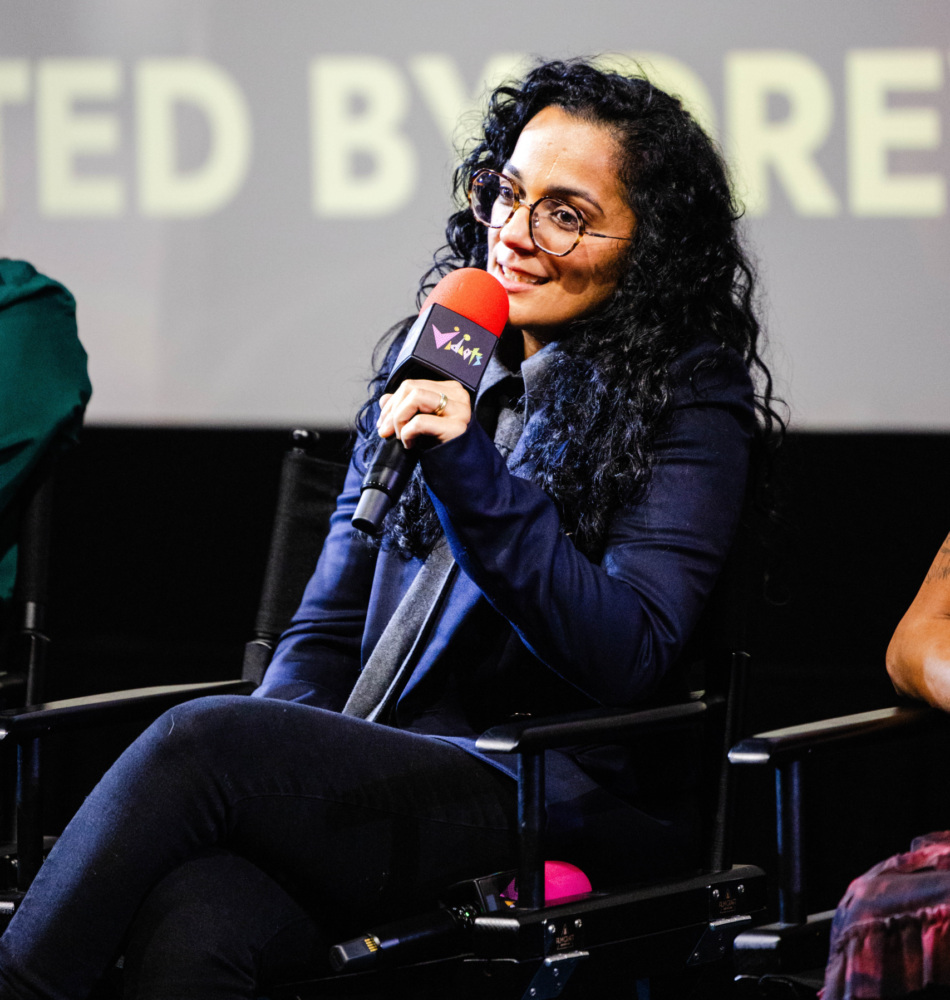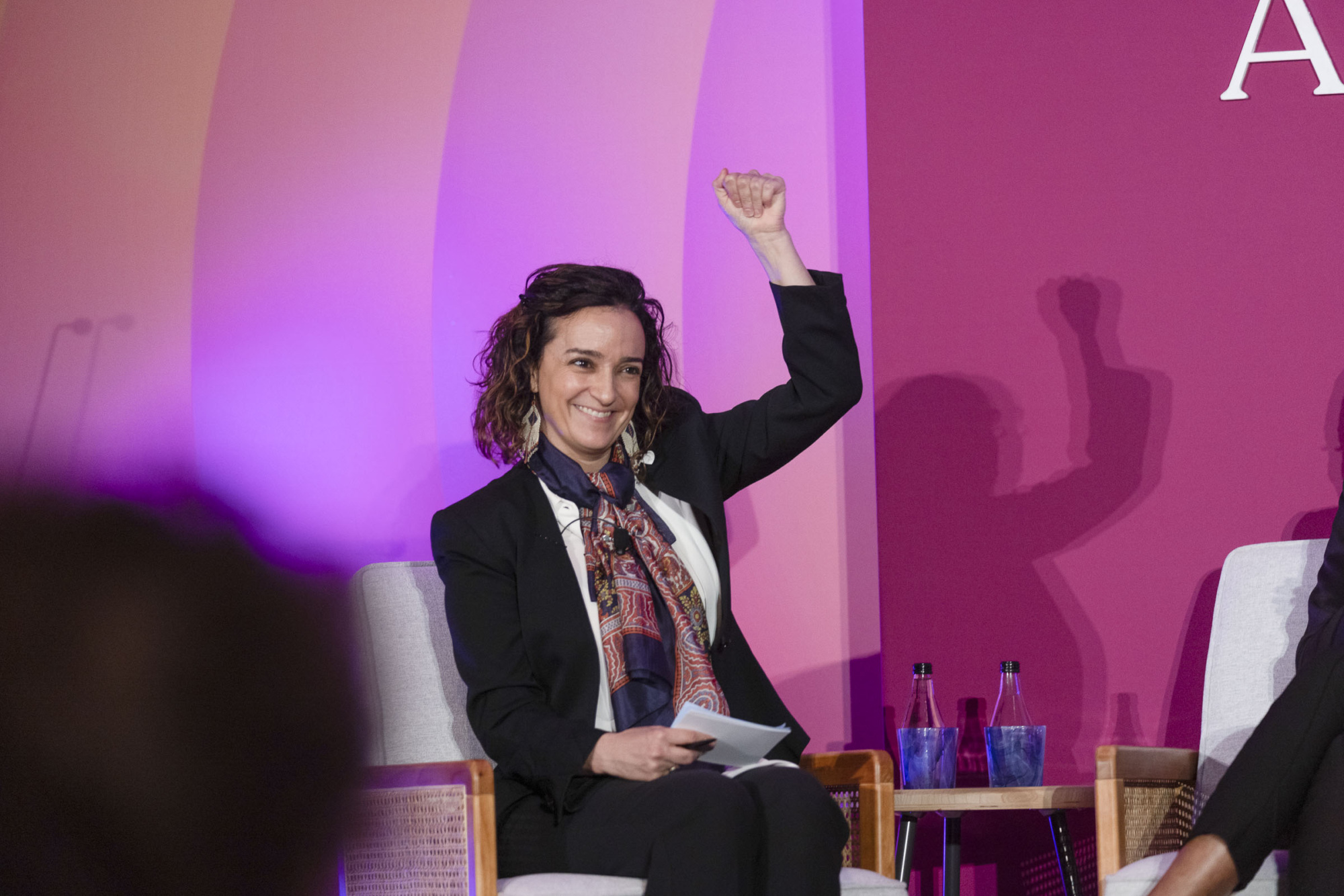What is the most impactful investment you have made thus far through your gender lens philanthropic giving? Why did this gift resonate with you in particular?
Long Family Foundation (LFF) has been blessed by the partnerships with so many of our nonprofit leaders, especially those doing outstanding work to transform the lives of women in need. When we first embarked on a formal grantmaking strategy seven years ago, we were focused on looking for “high impact” opportunities. In addition to evaluating alignment with our family’s interests, we looked at scale, growth metrics, cost-effectiveness, and potential expansion to evaluate success. While these measurements were helpful, we felt that there were also limitations to this approach, but didn’t know exactly what was missing.
In 2019, we started a partnership with an outstanding organization called Unshattered, which serves women who are courageously overcoming addiction by providing them with pathways towards economic independence and sustained sobriety. The model is straightforward: the women work together and hand create high quality and beautifully designed bags in an environment that provides trusted community, spiritual discipleship, and leadership development. Through this experience, the women become empowered with the success, skills and tools needed to become economically stable by finding or creating their own opportunities. But more importantly, the trajectory of their lives is changed by the deep sense of purpose and confidence in a renewed identity built from this loving community.
When we first started talking to Unshattered’s founder and Executive Director Kelly Lyndgaard, her vision was very clear: end relapse by providing pathways toward sustained sobriety. Rather than focusing on scale as exponentially growing the number of women served, Kelly looked at each woman as an individual with limitless potential and wanted to exponentially grow the number of months, years and decades that they would be free of addiction. It was a lightbulb moment for LFF: we started to look at the work of our partners in a transformation mindset, as opposed to the narrow view we had before of scale.
Since Unshattered’s inception nearly a decade ago, they have only had one woman relapse. Many of their alumnae have gone on to start their own businesses, with two being named to the Hudson Valley’s 40 Under 40. And just last year, I was lucky enough to spend time with the impressive women who are leading their team now. In addition to my awe for the women of Unshattered and their joyful commitment to recovery, LFF owes them a tremendous debt of gratitude for helping us understand true transformation.
What is your process for identifying and supporting grantee partners who are aligned with your values and who you believe will move the needle on advancing gender equality?
Two of the key values we share with our partners is 1) that the work requires a commitment to collective action, and 2) an understanding that the work is multidimensional, complex, and rarely straightforward. LFF has five areas of focus; Christian leadership and women’s empowerment are two of those five. In each of these areas, we heavily rely on nonprofit leaders’ expertise to share their observations and develop collaborative opportunities with other aligned organizations and funders.
One of the aims for our Christian leadership area of focus is to partner with individuals and organizations that are examining and addressing complex issues facing Americans, and addressing them in a way that we feel reflects our calling to humbly serve others in the way Jesus would. One of the most significant, contested and consequential topics amongst Christians is the value of human life. For many years, we avoided this space, but in 2022 we felt called to step up our efforts and step into a place of exploration based on this question: how would Jesus interact with families experiencing unexpected or unwanted pregnancies?
Only 7% of people discuss an abortion decision with anyone at a church due to fear of judgment and lack of visible support. That fear is not unfounded. But our goal is that women, and their partners, experiencing crisis come to experience Christians and Christian led organizations as a place they can be met with unconditional grace and are empowered to take tangible next steps with dignity.
The first thing LFF needed to do was learn and fully embrace the complex and intrinsically connected circumstances that would lead someone to make a decision about abortion: economic constraints, traumatic events or relationships, medical implications or necessities, amongst many others. The second was that we needed to develop an equally multifaceted approach to serving women in need: changing the way women considering abortion would be embraced by Christians, providing holistic and trauma-informed care to families that were exploring or had already experienced abortion, and creating pathways for families to move from being at-risk of separation to sustainably thriving. This is by no means an exhaustive strategy, but our goal is to create an environment where people are not judged for excruciating and personal decisions, but met with unconditional grace reflective of the same way Jesus meets us.
We are deeply appreciative to the leaders and staff at ProGrace, Avail NYC and Every Mother’s Advocate for the individual work that they do and being thought partners to us in developing this strategy. We were overjoyed when they shared with us last year that they had made the decision to enter into formal collaborations with each other. For LFF, this is one of the most significant measurements of success: that our nonprofit partners, independent of a funder’s influence, would come to value and rely on each other’s contribution to a shared goal, and pursue collective action for the benefit of those we mutually care for.
What does it mean to you to be part of a community that shares your values and vision for a gender equal world? How do you apply the idea of community to your broader work?
Across the world, women are disproportionately affected by sexual violence. Every single one of the organizations in our women’s empowerment portfolio is directly impacted by the prevalence of subsequent trauma that irreparably harms the survivor and changes the course of her life. When I was at Joyful Heart Foundation (which gave me the opportunity to work with WMM CEO Sarah Haacke Byrd), one of the most frequent grievances we heard was that many survivors felt re-victimized by the response they received around their attack. Part of having a vision for a gender equal world is acknowledging the harsh and sometimes unseen reality of violence against women, and equipping people with the tools to thoughtfully respond and navigate tangible outcomes in a survivor-centric way.
One example of this is End Rape On Campus’ Campus Accountability Map & Tool (CAMT) which “empowers current and prospective college students, survivors, and their communities with the ability to view in-depth information on each institution’s sexual assault investigation policies, prevention efforts, and available survivor support resources as well as high-level statistics on definitions, trainings, sanctions and investigations.”
Another dimension of supporting survivors of sexual violence is understanding and addressing their long term needs. Alongside a group of dynamic and committed funders, LFF supports Polaris Project’s Resilience Fund which offers direct cash assistance to survivors of trafficking. Grounded in research from their National Survivor Study, the fund aims to provide survivors with additional resources to economically thrive and prevent the risk of re-victimization and exploitation, which remain high without the security of financial stability.
LFF was proud to provide support for both of these initiatives which are invaluable resources to the greater gender equal community. The CAMT provides accessibility to information that is oftentimes intentionally obscured, accountability of institutions, and tangible options which empower survivors to make informed decisions about their next steps. Additionally, EROC’s Chief Executive Officer Kenyora Parham was very intentional about incorporating their “Centering the Margins” framework in the tool which “centers historically and systemically and marginalized student survivors in the campus anti-rape movement and attends to their particular needs.” Similarly, the Resilience Fund is a survivor-led program that provides access to one of the resources most scarce to vulnerable women – cash – testing the thesis that this is a first step to a path of economic thriving. Both programs are centered around listening to the experiences and needs of survivors and providing them with resources and information; the goal is their own empowerment to make confident decisions.
Part of being in a community is acknowledging that the work is much more expansive than my limited perspective and LFF’s limited areas of focus, and there’s a tremendous amount of ongoing learning that is required for us to be the best resource partners possible. And, although we are a small family foundation with finite financial resources, our ability to be compassionate and understand the experiences of other women is limitless.
What opportunities do you see for impact in the wider philanthropic landscape and what advice would you give to others considering a bold investment in women and girls?
I can’t understate how much joy I’ve felt by being part of a philanthropic and nonprofit community of women. I’m encouraged every day by the excellence and passion they bring to the sector and it’s an honor to be in the mix. However, although women make up 75% of jobs in the nonprofit, education and philanthropic sectors, they hold far less than 75% of leadership positions in these organizations. That number decreases even more substantially for women of color. As resource partners, we need to ensure our funding approaches, structures and decisions reflect the changes we want to see. One resource that was really helpful to me was Arabella Advisors “Recommendations for Incorporating DEI in Grant-Making Practice,” many of the suggestions have been incorporated into our own grantmaking. I encourage others that are exploring a bold investment in women and girls to build trusted, mutual relationships with nonprofit leaders and fellow funders sharing diverse opinions, lived experiences and knowledge, and to lean into the joy that comes from learning and working together.


